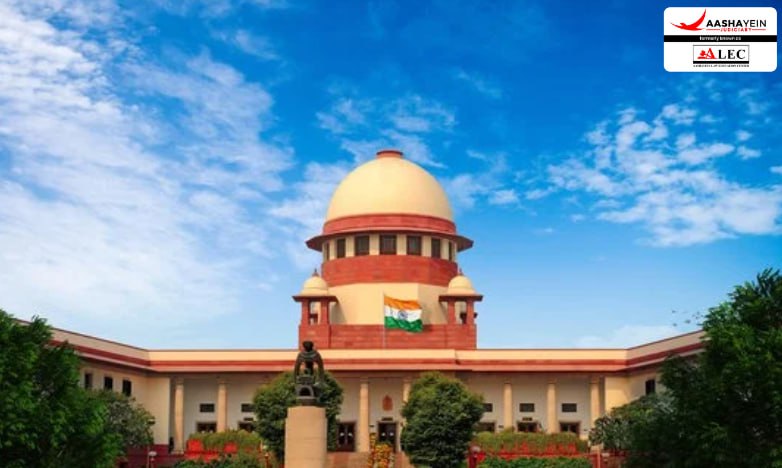The Supreme Court's recent deliberation raises significant questions about the boundaries of free speech and religious expression in the context of Indian law. On Monday, a bench comprising Justices Pankaj Mithal and Sandeep Mehta engaged in an inquiry into whether the chanting of a religious phrase, specifically “Jai Shri Ram,” constitutes a criminal offense. This issue arose during the hearing of a petition challenging the Karnataka High Court's decision to quash criminal proceedings against two individuals accused of shouting the phrase within the premises of a mosque in September 2023. The petitioner, Haydhar Ali C M, argued against the High Court's order, bringing the matter before the apex judiciary.
In its remarks, the bench reflected on the broader legal implications of such conduct, questioning, “How is shouting a religious phrase or a name an offense?” The judgment in this case could set an important precedent, influencing how India navigates the intersection of secularism, freedom of speech, and public harmony in a multicultural society.
You can also read the latest judgment by visiting [Latest Judgment].
For more information, visit [Aashayein Enquiry Section]
The Supreme Court raised concerns about the complainant’s ability to identify the accused individuals in the case. “How were these individuals identified? You mentioned CCTV monitoring. Who specifically identified the people who entered?” The bench asked senior advocate Devadatt Kamat, representing the petitioner, to seek further clarification.
Despite the investigation being incomplete, the petitioner argued that the Karnataka High Court had prematurely quashed the proceedings. Mr. Kamat emphasized that an FIR should not be treated as a final or exhaustive document. He further contended that it was the responsibility of the state police to clarify how the accused were identified in response to the Court’s questions. The Supreme Court has now scheduled the next hearing for January 2025 and directed the petitioner to provide a copy of the plea to the state government for further consideration.
The case originates from an incident in September 2023 at the Badriya Juma Masjid in Dakshina Kannada. Two men allegedly entered the mosque, shouted “Jai Shri Ram,” and issued threats against the Muslim community, specifically targeting the Beary (Byari) community, warning that they “would not let them live in peace.” The disturbance ended when mosque staff intervened, prompting the men to flee. The entire incident was captured on the mosque's CCTV system.
A complaint was subsequently filed under Sections 447 (criminal trespass), 295A (deliberate insult to religious beliefs), 505 (public mischief), and 506 (criminal intimidation) of the Indian Penal Code (IPC). However, the Karnataka High Court later quashed the FIR in October 2023, citing a lack of sufficient elements in the allegations to substantiate the charges. The court also observed that chanting "Jai Shri Ram" does not, by itself, amount to offending religious sentiments.
Challenging this decision, the petitioner moved the Supreme Court, arguing that the High Court had disregarded the context of the incident. The plea emphasizes that the slogan was intentionally used as part of a threatening act within a mosque, directly targeting the Muslim community.
The case in pending and will be decided in January 2025. The judgement will be important to answer these questions regarding freedom of speech and expression

